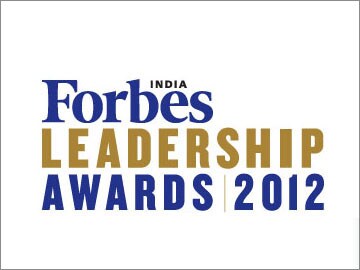
How Great Leaders See Beyond the Curve
Transformational leaders have the unique ability to see the bend in the road even without the benefits of road signs
A few days after the legendary Verghese Kurien passed away, we screened Shyam Benegal’s 1976 masterpiece Manthan for the benefit of our team at Forbes India. Most young colleagues had only heard about the film, very few had actually seen it.
So, before the film was screened, we invited MS Sriram, professor at IIM-B and someone who also passed through the portals of the Indian Institute of Rural Management, Anand, which Kurien himself founded, to lead a discussion on Kurien’s leadership, how he catalysed the growth of the co-operative movement, and, also, why the Amul movement now needs a whole new dose of re-energising.
It was a scintillating session. It even prompted us to plan a field visit to Anand to get a first-hand feel of how one of the most successful co-operative movements in the country had been built. Studying leaders like Kurien is a dominant part of what we do as a team. We’re constantly looking for leaders not just in business, but also in politics, sport, NGOs, entertainment, bureaucracy and other spheres of public life. And the best part is that we’ve begun to thoroughly enjoy the process.
There’s nothing more special than the opportunity that FILA presents. Ever since we launched the Forbes India Leadership Awards last year, we’ve come to look forward to this annual project because it invariably brings us up, close and personal with an outstanding set of entrepreneurs and business leaders. Last year, our jury, led by the redoubtable KV Kamath, picked a crop of unbeatable winners, who—when we last reviewed their performance a few weeks ago—had simply gone from strength to strength.
This year too, the winners’ list is as exciting as it can get. Their achievements are a testimony to something that someone famous once said: Leadership isn’t a dramatic, fist-in-the-air and trumpets-blaring activity. Instead, it requires courage, vision and an often-unspoken faith in the ability of others around you. But is it really all that matters? This year, we’ve chosen to study a critical dimension of transformational leaders: The power of foresight—or, in more simple terms, their amazing ability to see what’s next. Transformational leaders have that unique ability to see the bend in the road, without the benefit of any road signs, far better than their peers. What helps them predict disruptive change in ways that no data forecast can foretell?
We asked each of these leaders to point us to a game-changing initiative that they’re personally driving that will shape the future of the firm that they lead. In studying each subject, we’ve had access to a range of people inside these firms that gave us a broader view of how leaders future-proof their organisations.
In the package of stories that follows, you’ll not only get a sense of what the future holds—but also an in-depth understanding of how the best and brightest entrepreneurs and business leaders in our country are shaping the collective destiny of the organisations they lead.
Perhaps this is what we’ve come to believe helps move mountains, just like Verghese Kurien did with milk in India.
Kumar Mangalam Birla: A Man For All Seasons
E Sreedharan: More Than The Metro Man
Nitin Paranjpe, HUL: How to make friends and win
William Bissell: Turning Fabindia's Artisans to Company Owners
Taking Banks to India's Poor
Vinod Ramnani: Time to Grow Opto Circuits Organically
TCS' N Chandrasekaran: Planet of the Apps
Bank of Baroda's MD Mallya: How to Stay Competitive During A Recession
YK Hamied: Cipla's One-Man Army
Tafe, Mallika Srinivasan: The Tractor Queen
(This story appears in the 30 November, -0001 issue of Forbes India. To visit our Archives, click here.)





